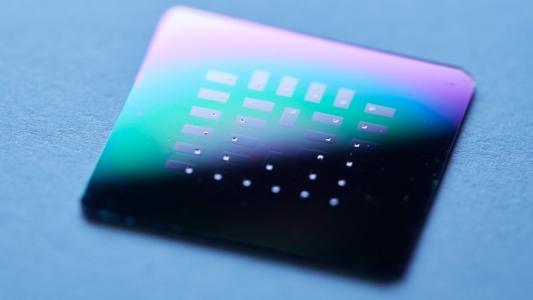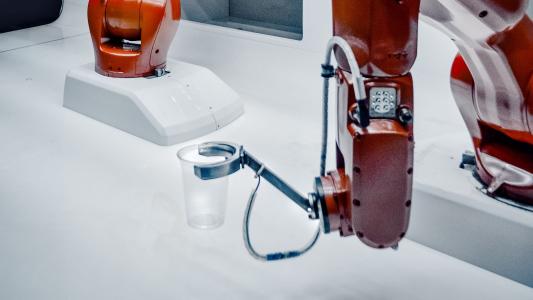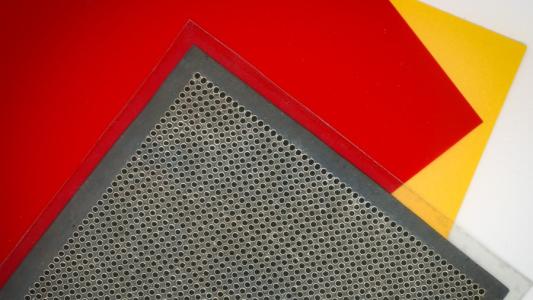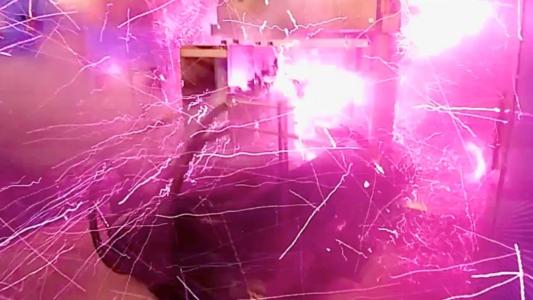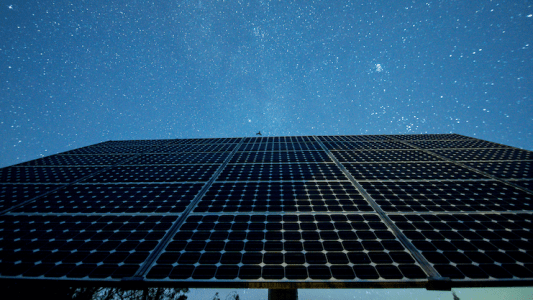Engineering
Ultrathin fuel cell uses the body’s own sugar to generate electricity
Batteries have a limit to how small they can be made, and they need to be charged. What if you could power your own medical device?
New MRI machine will unlock better images for medicine
A new MRI machine with a larger opening and a weaker magnetic field overcomes many shortcomings of other scanners.
From robotic dogs to magnetic slime: 6 ways robots are helping humans
Robots are helping humans in a growing number of places - from archaeological sites to disaster zones to sewers.
Researchers develop a paper-thin loudspeaker
The flexible, thin-film device has the potential to make any surface into a low-power, high-quality audio source.
Scientists blow up their lab after creating strongest magnet ever
Scientists knew that it would probably explode, but they did not expect to reach such a record magnetic field.
The Large Hadron Collider is back online
The world's biggest particle accelerator, the Large Hadron Collider (LHC), is back online after a three-year hiatus.
Chevrolet is electrifying the Corvette
GM has announced plans to bring the Corvette roaring into the electric vehicle market.
The next big disruption is coming: How cities can prepare for flying cars
Urban Aerial Mobility - or 'flying cars' - could present a more flexible way for cities to invest in future infrastructure.
New solar panels generate electricity long after the sun sets
Engineers at Stanford University have created a solar cell that generates electricity at night by exploiting the process of radiative cooling.
